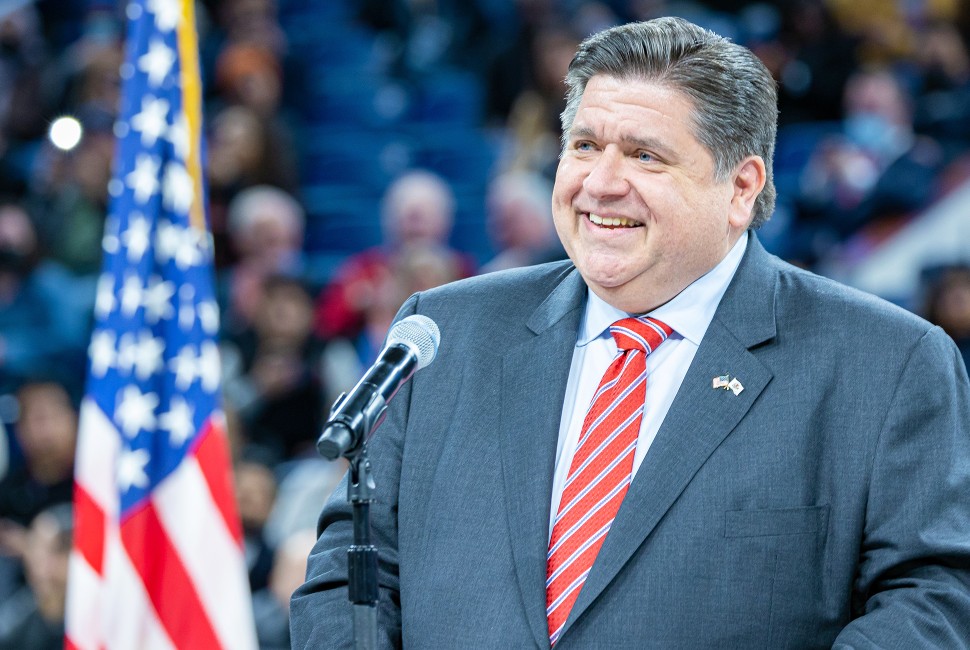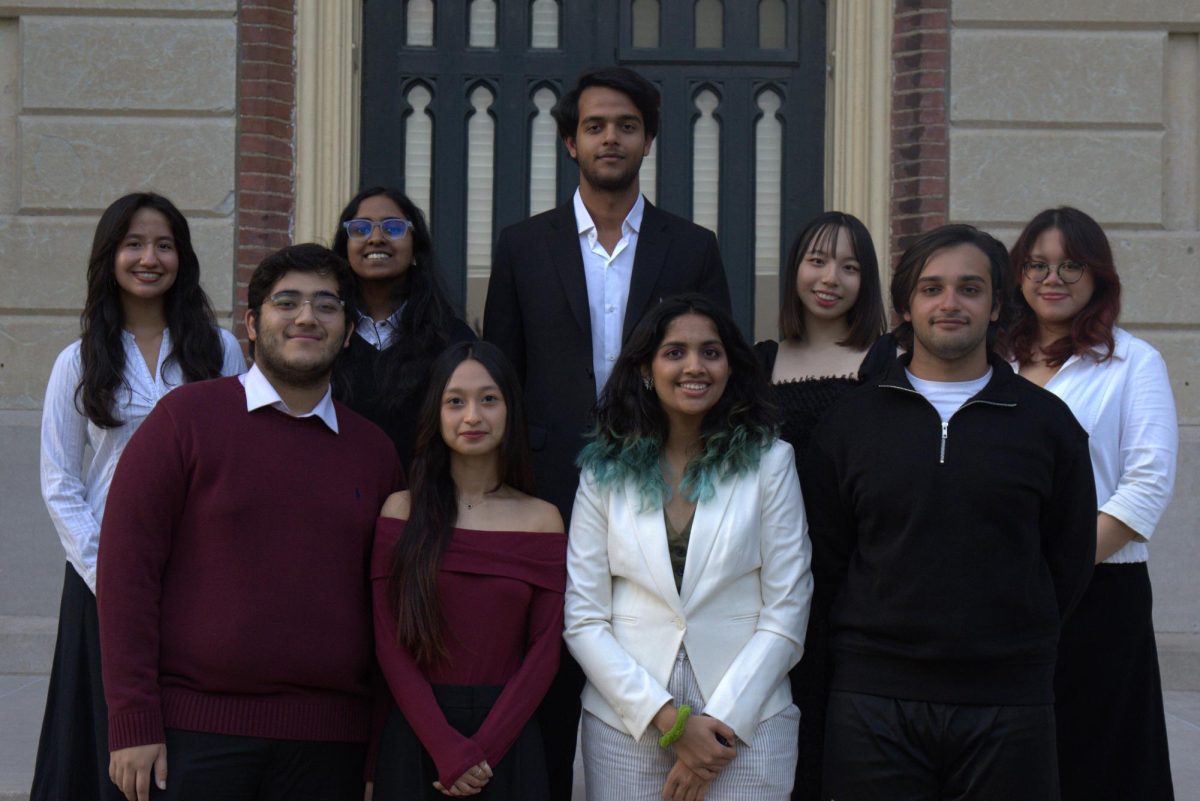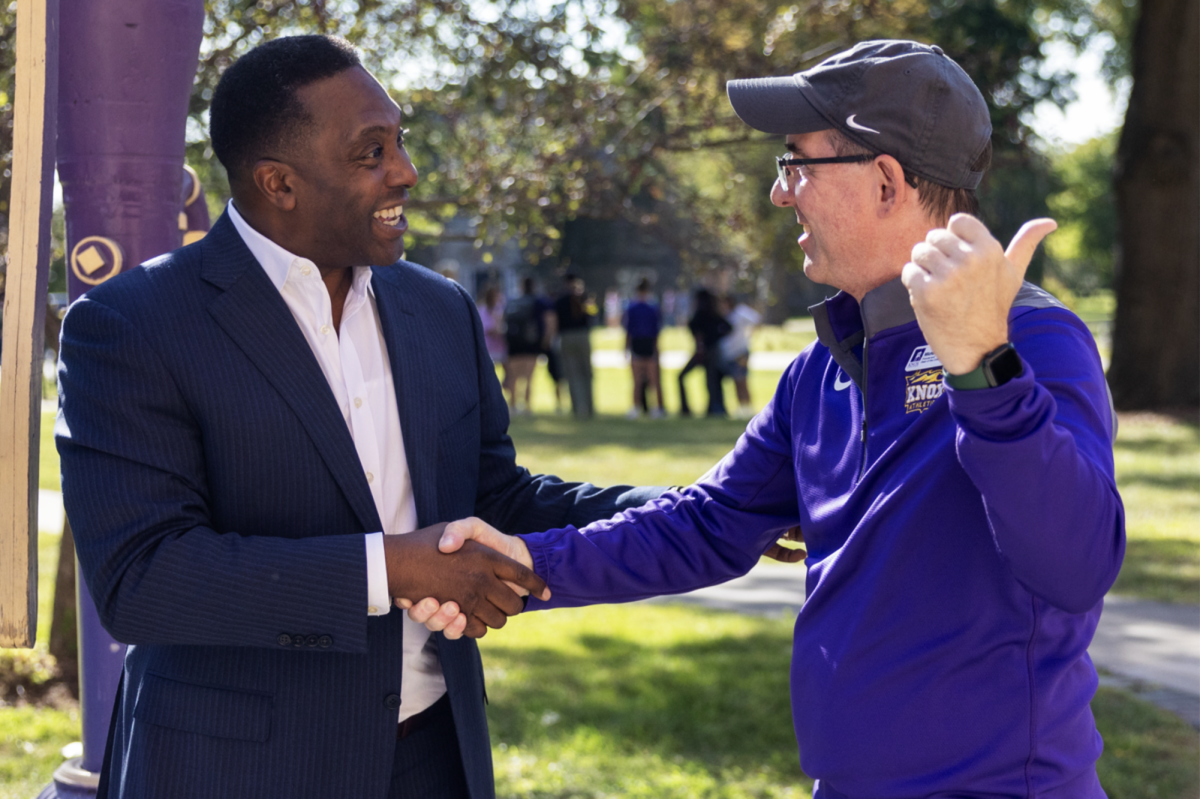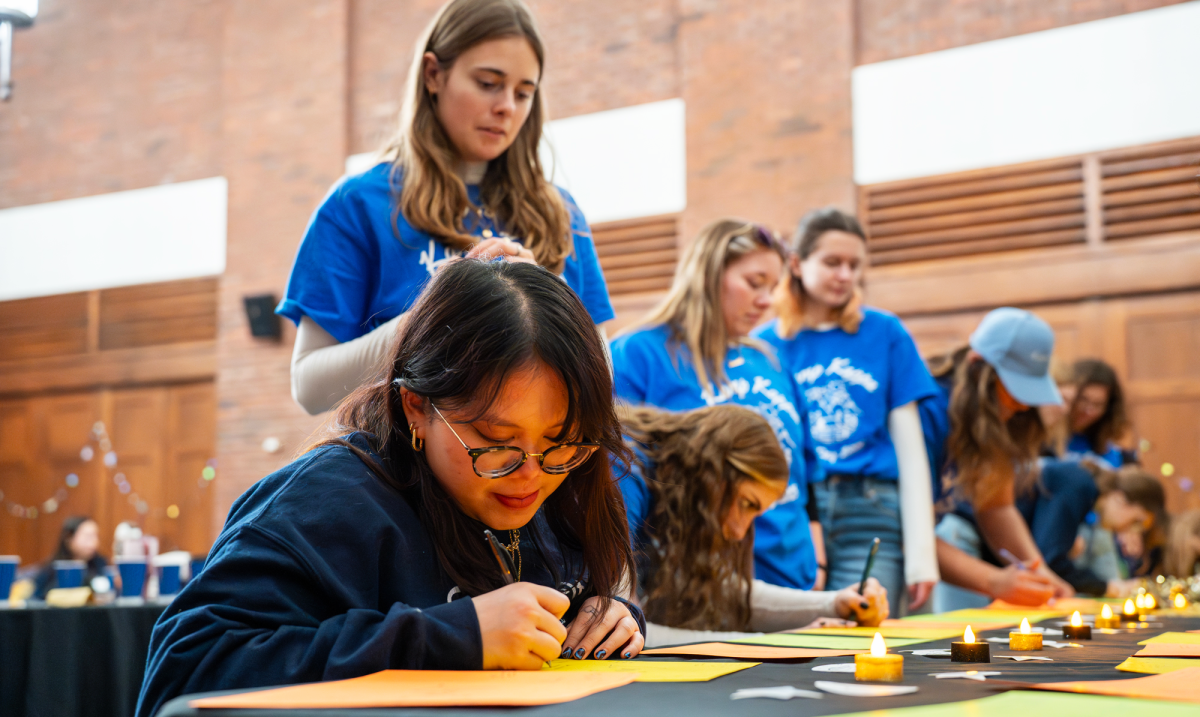There have been large changes in the enrollment on campus in the past five years. In 2019, it was reported that 1,258 students were enrolled for the 2019-2020 school year. In 2022, this number dropped to 1050, with the graduation rate ranging from 70% to 75%. While there are many factors impacting lowered enrollment – poor retention is one of them.
To understand the change in student enrollment, one must look into students who dropped out or transferred, and why they did. A common theme for students who left Knox is the decline of mental and physical health while in school.
Former Knox student Lili Smith took an indefinite leave of absence after her second year at Knox. Smith said that she only applied to Knox, that it was, “Knox or nothing,” for her. She visited Knox many times before and in the process of applying.
“If I see an opportunity that’s in alignment with me, I’m going to take that opportunity. There’s no way that I’m not,” Smith said.
Smith’s original goal was to be a dance major, but fell into a depressive episode during her first year at Knox. In an effort to pick herself up, she started to make art with clay every night. She found that she was enjoying creating art and decided to take a ceramics class, which led to her declaring an art major, with a minor in museum studies.
Smith had a difficult time in class. She had a hard time paying attention to the readings, and felt deeply unsatisfied with herself. Smith was told by her therapist at Knox that she was struggling with undiagnosed ADHD.
Despite the finding, this therapist was unable to officially diagnose Smith. Since she was unable to receive this diagnosis, she was also unable to receive the help she needed from Disability Services. Her grandparents, whom she lived with when she was not on campus, were in denial about Lili having ADHD, and did not offer any support in trying to get her officially diagnosed.
Due to the lack of support from both her family and the school, she found it difficult to continue. In addition to school life, she was also working two jobs part time. Despite her busy schedule, Smith said that she enjoyed worklife. She liked having her own income and being able to support herself. She heard that her coworker at one of her jobs was planning on leaving and took the chance to take over from them.
“I didn’t want to make an irrational decision, but an opportunity opened up for me and it felt right,” Smith said.
With the combination of Smith’s work opportunities and her undiagnosed ADHD, she decided it was in her best interest to take a leave of absence from Knox.
Despite her decision to leave, Smith explained that her opinion of Knox as a school hasn’t changed much.
“I always felt like Knox College was supposed to be part of my path. To this day, if I wanted to get my degree, Knox would be the school that I would go back to,” Smith said.
Since her leave of absence, Smith has been officially diagnosed with ADHD, and feels that if she decided to come back to study at Knox, she would have a better experience because she would have a bigger support system with her diagnosis.
Despite her chaotic years during and post Knox, Smith says she has found stability living with her partner. She occasionally helps with the bookkeeping for her partner’s company and runs an Etsy shop of her own. She has since started taking dance classes with the hope to become a dance instructor.
“If you always follow what feels right, I believe that you will end up where you’re supposed to be,” Smith said.
Senior Alex Reisinger, an Environmental Studies major, transferred to Illinois State University after his first year at Knox, but ultimately decided to return as a Knox student to finish his studies.
Reisinger left after his first year at Knox, because his out-of-pocket costs to attend tripled after his first year. He also felt like Knox was not preparing him for the real world, as he didn’t have a lot of opportunities to research during his first year.
Reisinger did not receive a lot of help from FAFSA or the school, and made the decision to transfer to Illinois State University.
“I hated it there, it was so big,” Reisinger said.
Reisinger transferred again to Northland College in Wisconsin, before ultimately transferring back to Knox. He missed the connections that he made here.
“It’s so hard to get established at a place when it’s not freshman year. When you’re first coming into college, it’s so much easier to make friends when everyone’s in the same boat. You’re all trying to discover who the people you want to be with are. But when you transfer midway through the year, it’s very hard to find people who are willing to be your friend,” Reisinger said.
Reisinger explained that although he believed Northland was preparing him more for the workforce, he was miserable there because he hadn’t made any strong friendships.
Coming back to Knox, Reisinger still had to pay more money for his out-of-pocket costs, which was part of the reason he considered taking a gap year before his senior year. Mental and physical illness factored into his decision to leave. The combination of the two prevented him from giving his all in his classes.
“Knox is not always as accommodating for illnesses– mental or physical– as they claim to be,” Reisinger said.
Reisinger has two accommodations through Disability Services which allow him to have flexible attendance and deadlines. He said he was surprised to find out that in order to get these accommodations to work, students would have to get their professor to agree to how many times they could miss that class, and what their set criteria for the flexible deadlines would be.
“It’s not up to what you need, it’s what the professor will allow,” Reisinger said
Reisinger said his professors have to take points off of his participation from missing classes because he needs more time off for going to doctor’s appointments or having medical flare ups.
Despite knowing that he was going to have a rough time, Reisinger decided to continue this term because he couldn’t find adequate housing outside of Knox.
Students like Smith and Reisinger have experienced barriers in their ability to be accommodated by the school. For those who need mental and physical health accommodations, a lack of resources can factor heavily in a student’s decision to leave Knox.








